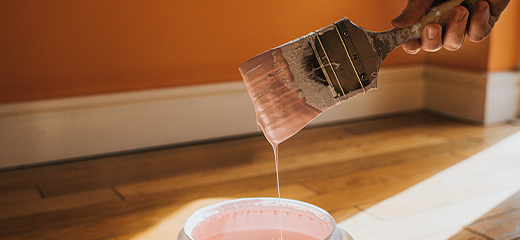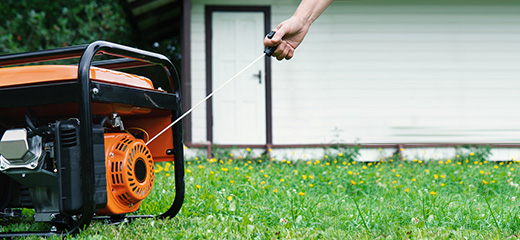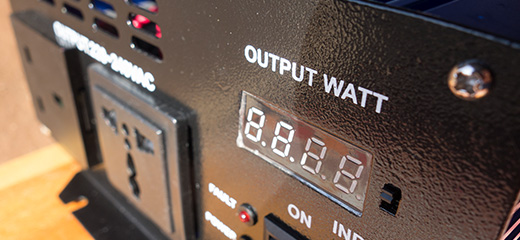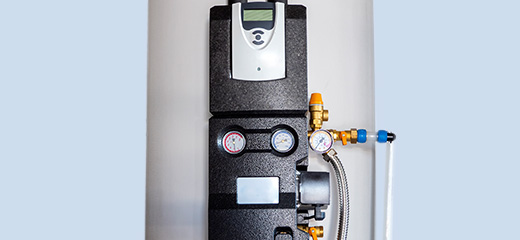
Frequently asked questions: Electricians
Electricity is an essential tool in today’s home, but when electrics are faulty or inexpertly installed, it can become a danger to the property and all who reside on it.
Given its potential for danger, electricity and the electrical systems that power the home should always be treated with caution by even the most experienced DIY enthusiasts. In this area, calling in an expert isn’t just more convenient, it’s safer.
What can I do myself?
While the majority of electrical work in the home requires a qualified electrician, you won’t need to call out an expert to change a lightbulb, connect an extension cord or replace the plug on an appliance if you are familiar with the wiring.
Perhaps the most important thing a homeowner can do is closely monitor the health of the electrical circuits and appliances in the home. Early detection of faults and electrical problems can prevent costly repairs and widespread damage.
What are the common causes for electrician callouts?
Electricians are in high demand and trained to deal with a number of problems that can arise in a home. The most common reasons for a call to an electrician include:
- Electricity tripping at the main board
- Installation of new wall sockets or plug points
- Rewiring
- Appliances, plug points or light switches sparking
- Outlets hot to the touch
- Electric shocks from plug points or light switches
- Faulty wiring, plug points or light switches
- Flickering or exploding lightbulbs
- Installation of new light fixtures
- Electrical panel upgrades
- 'Burst' geyser or installation of new geyser
When do I need to call an emergency electrician?
We use most of our electricity at home outside of office hours, so it is unsurprising that electrical problems often arise at night or over the weekend. Most electricians offer emergency services but will charge an additional after-hours fee.
There are some electrical problems that present a real threat to you and your family, however, and warrant a call to an emergency electrician. These include:
- Sparks flying at any area in the home
- Electric shocks from devices, appliances, plugs points, light switches or the main board
- Smoke or the smell of burning coming from any electrical device, fixture or fitting
- Flickering lights
- Warm or hot power outlets
- Electricity or circuit breakers tripping frequently
- No electrical supply
- Water damage
Remember to turn the power off to your whole home at the main board until the electrician has investigated the cause.
What is an electrical compliance certificate?
An electrician’s certificate of compliance (COC) gives you the peace of mind that an installation or the home’s wiring is in good condition and meets proper safety standards.
These are especially useful when buying or selling a home and should be insisted on whenever new electrical installations are made in the home.
How do I choose an electrician?
With so many options to choose from, it can be difficult to decide which electrician is best for your home.
Consider these tips when making your decision:
- Cheap, cheap: Avoid electricians who quote you significantly lower prices as this could indicate that they are not properly qualified, will charge more once on the job, or are part of a criminal syndicate looking to gain access to your home.
- Qualifications: Make sure your electrician is registered with the Electrical Conformance Board of South Africa. This will give you the assurance that they are properly qualified.
- Referrals: Ask family, friends and neighbourhood groups for recommendations.









